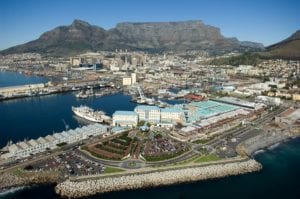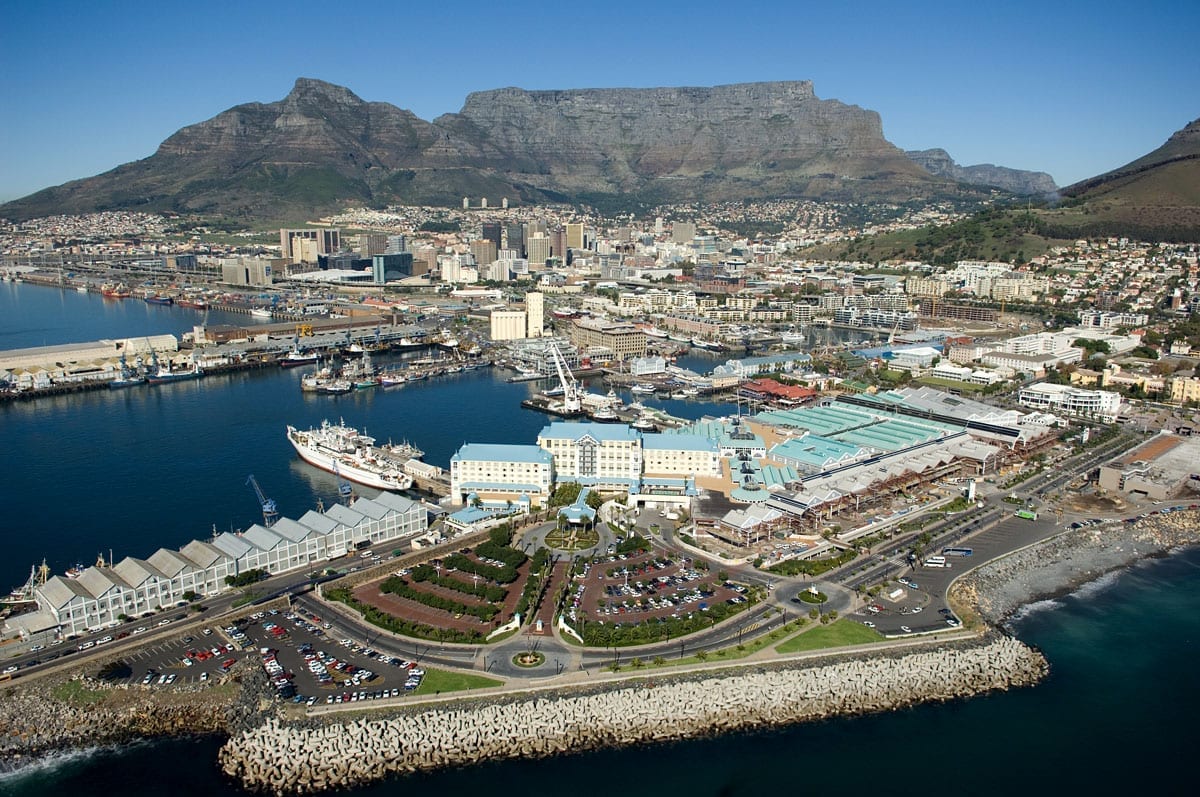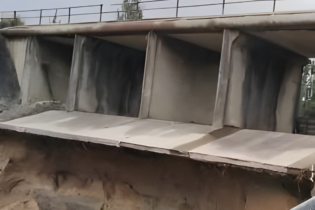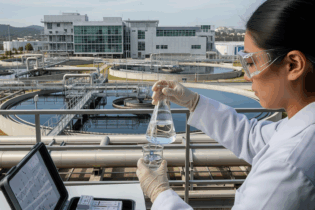She told delegates the city was doing everything it could to serve almost 4 million people, “bearing in mind that Cape Town is a water scarce region and South Africa is the 31st driest country in the world”.
“We know that modelling the past to predict the future is not fool proof, but there is no way we could reasonably have anticipated the severity of the drought at the time,” she said. “Whenever a water strategy is created, it is informed by historical water patterns.” She also said additional water supply schemes for the region were deferred before the drought took hold. “The decision to defer plans for supply schemes was followed by exceptionally low rainfall,” she said, adding that at the time, “it was not practical to set aside billions of rands for a rainy day that might not come whilst there are more pressing humanitarian needs.” She also touched on desalination plants and said they were being pegged as a possible alternative source of potable water. However she added that these plants would not be built to scale quickly enough to compensate for the drought. Also at the conference, Justin Friedman, founder of FLOW (For Love of Water), an organisation committed to saving water, called on industry leaders and stakeholders to sign a pledge and commit to water conservation. Friedman told delegates this commitment could be in the form of money, time, actions or resources – all of which could make a difference in water consumption. Over 300 experts attended the conference and discussed innovative solutions to the continent’s energy and water challenges, as well as the opportunities for utilities and industry players.
Cape Town is now “waiting on a miracle” to help save the city from its worst drought in 100 years, city official Gisela Kaiser told delegates at African Utility Week.
Kaiser said there was no way the city could have reasonably anticipated the severity of this drought, adding that residents were now bracing themselves for level 4 restrictions.
By Friday dam levels were at 21.6%, down from 70% in 2015 when water restrictions began. Despite heading into winter, Kaiser said meteorologists had now warned that this winter will be as dry as the previous two.
“Nothing can be taken for granted anymore,” she said, and urged delegates to use water sparingly during their stay in the city.
Kaiser said efforts to conserve water helped the city cut its consumption considerably, saving as much as 59 million cubic metres of water. This is amounted to about 23,600 swimming pools or approximately 295 million baths.
Water loss has also been reduced from about 25% in 2009 to below 15% to date. She said this was the result of various interventions including decreasing the number of burst pipes across the city. “It is less than half from 64 bursts per 100 km back in 2010 to 31 bursts per 100km, saving millions of litres of water,” she said.







